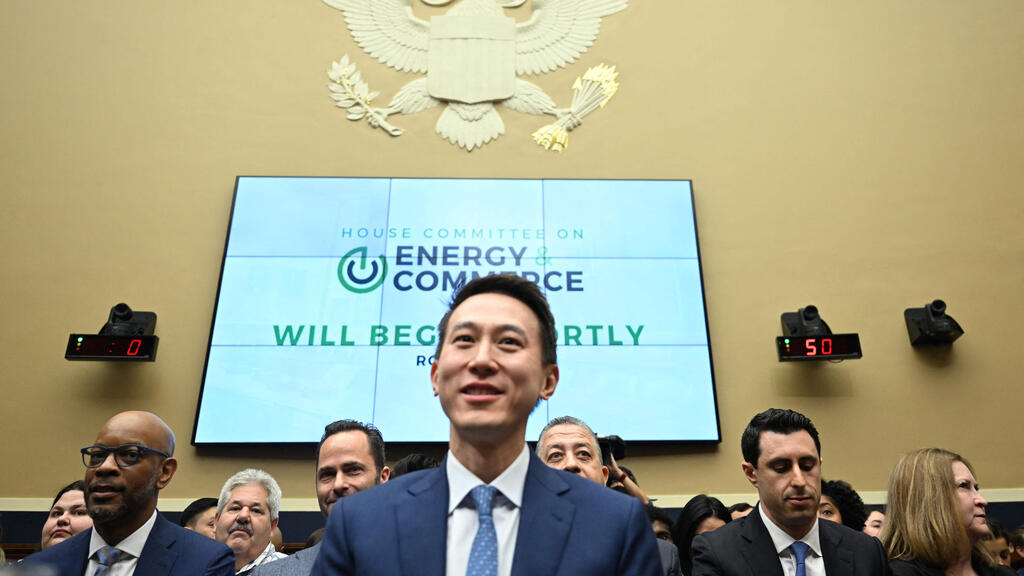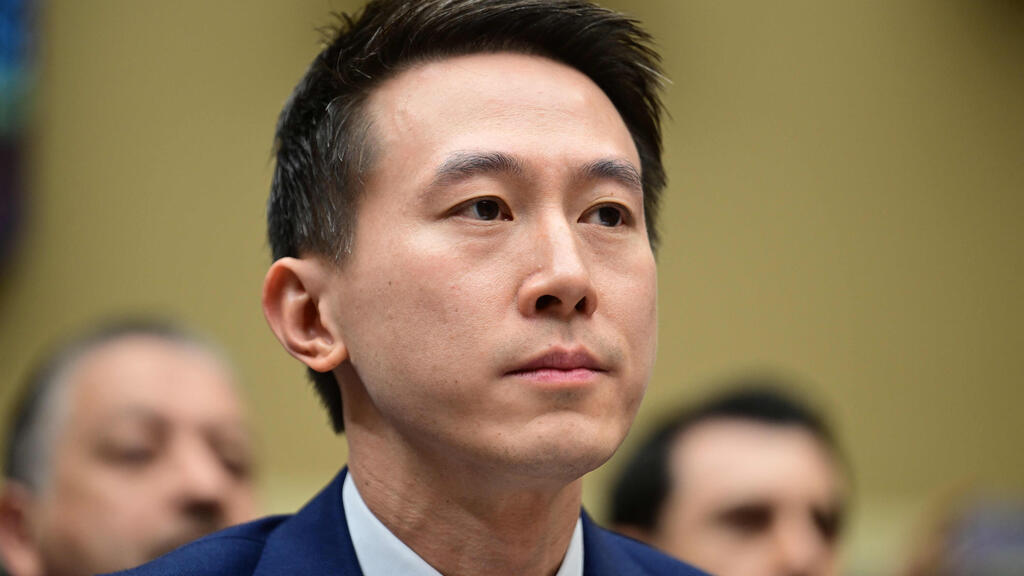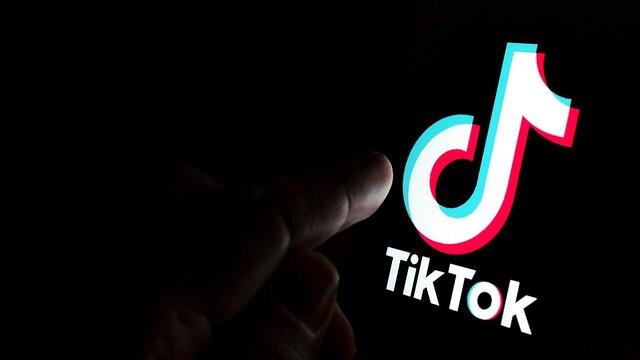Getting your Trinity Audio player ready...
Last week, TikTok CEO Shou Zi breathed a sigh of relief for the first time in months after the U.S. District Court for the District of Montana blocked a ban on the popular social media platform.
Read more:
The bill, the first of its kind in the U.S., was passed last May and would have banned the app within Montana state lines starting in January. Montana Governor Greg Gianforte said that the law was essential to safeguard Montanans' personal data "from the Chinese Communist Party."
Montana passed the bill following the U.S. Senate's ban on TikTok from all government devices and networks. Similar laws were also enacted by Canada, the EU and Britain due to concerns that the app, owned by the Chinese conglomerate ByteDance, is effectively a potent spy tool. This is not mere conspiracy theory, as Chinese law mandates that companies and civilians cooperate with the regime's intelligence operations.
Shou, 40, a Singapore-based former banker at Goldman Sachs, was compelled to testify before the U.S. House of Representatives Energy and Commerce Committee. During his five-hour testimony, he tried to assuage lawmakers' concerns by presenting a plan to transfer and store all existing data on U.S. citizens to servers in the United States. However, the lawmakers remained unconvinced. Representative Cathy McMorris Rodgers, R-Washington, said that the app should be blocked.
The congressional testimony was a bust, but TikTok's troubles didn't end there. Besides accusations of spying for China, the app, with its 1.6 billion users and global popularity among youth, has been steadily growing. Popularly known for featuring clips of children and teens lip-syncing, the app has recently become a hub for fake news and incitement. Since October 7, it has been awash with anti-Israeli and antisemitic content.
4 View gallery


TikTok CEO Shou Zi during his congressional testimony in March
(Photo: Jim Watson / AFP)
This development reignited calls from U.S. politicians for a boycott of the app. Outrage escalated when a 2002 antisemitic manifesto by Osama Bin Laden, criticizing American support for Israel, surfaced on TikTok. The company promptly announced it was "aggressively removing" clips related to the hateful manifesto, but the damage had been done. The issue escalated to the point where even the White House issued a condemnation.
TikTok executives were already aware of the mounting anger toward the app before the emergence of Bin Laden's letter. Last month, European Commissioner for Internal Market Thierry Breton sent a stern letter to Shou, demanding the removal of hateful content in violation of a new EU law. Non-compliance could result in fines amounting to 6% of the company's annual revenue.
TikTok appears to have been properly scared. According to recent reports by Bloomberg and the New York Times, the company's management conducted a series of discreet video conferences with business executives and prominent Jewish leaders.
In a meeting with 40 business executives, many from the tech sector and armed with pertinent data, Shou, along with Adam Presser, head of operations, and Michael Beckerman, a VP and Head of Public Policy (both of whom are Jewish), discussed how pro-Palestinian videos were being promoted on the app. They noted that for every view of a pro-Israel clip, there are 54 views of anti-Israeli videos, and half of the pro-Palestinian content originates from Indonesia, Malaysia and Pakistan.
"TikTok is not alone the problem within social media, but TikTok is probably the single most influential source for news for people 18 to 29," Eric Goldstein, CEO of UJA-Federation of New York, said after the conference. He said Shou clearly understands the problems.
TikTok also held meetings with influencers and Jewish celebrities, including Sacha Baron-Cohen and Amy Schumer. In its defense, TikTok said that pro-Israel clips receive more views in the U.S. and noted that young Americans' support for Palestinians began well before the app's existence.
The company added that since October 7, millions of videos promoting hate speech or containing fake news have been removed, including 5.6 million clips with shocking and graphic content. Additionally, 35 million fake accounts have been shut down—a 67% increase—along with 933,000 bot comments.
Last month, Republican lawmakers sent a letter to Shou with detailed questions about how TikTok filters and classifies information related to the Israel-Hamas war. However, this might not be a major concern for TikTok, as any perceived restrictions on free speech would likely be met with strong opposition.
Two months ago, the Biden administration issued an ultimatum that TikTok must be sold to a U.S. company or face a ban. However, this has not been enforced due to complex issues. On one hand, China has opposed the sale, viewing TikTok as its most significant asset in the West. On the other, blocking the app could provoke opposition from rights groups and legal challenges, as suggested by the recent ruling in Montana.





